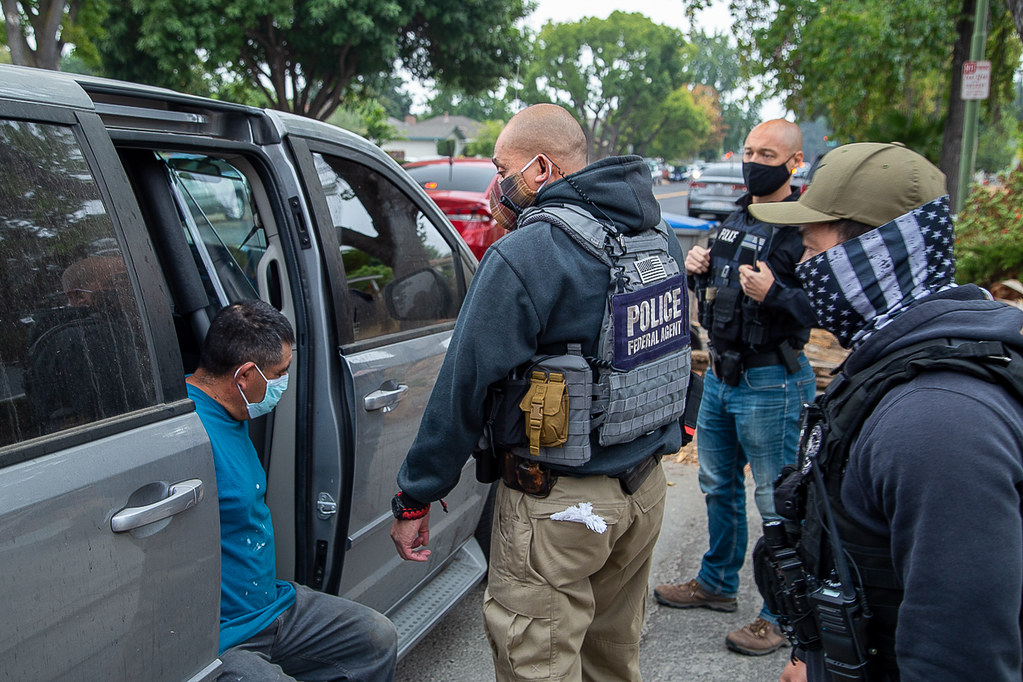 For some time to come, people are likely to dissect and analyze the failures of the government in the ex-Sen. Ted Stevens case, which resulted in a conviction that was later voided by an angry judge. It wouldn’t be shocking in the end to see someone in the government charged criminally — or at minimum, disciplined or fired. Meanwhile, one question lingers: Does the government owe Ted Stevens a formal apology? Good question considering some still think he was guilty of wrongdoing.
For some time to come, people are likely to dissect and analyze the failures of the government in the ex-Sen. Ted Stevens case, which resulted in a conviction that was later voided by an angry judge. It wouldn’t be shocking in the end to see someone in the government charged criminally — or at minimum, disciplined or fired. Meanwhile, one question lingers: Does the government owe Ted Stevens a formal apology? Good question considering some still think he was guilty of wrongdoing.
By Carrie Johnson
Washington Post Staff Writer
WASHINGTON — The Justice Department team charged with prosecuting former senator Ted Stevens miscalculated by not seeking more time to prepare for the high-stakes corruption trial and fell victim to inexperience and thin staffing, which contributed to its alleged mishandling of witnesses and evidence, according to interviews with more than a dozen lawyers who followed the case.
Last year’s compressed trial timeline forced government lawyers to jam their preparations into seven weeks and intensified a series of challenges: the late addition of a new lawyer; an aggressive adversary who deluged them with requests for documents; and a skeptical judge whose behavior turned unpredictable, then punitive.
The difficulties led U.S. District Judge Emmet G. Sullivan last week to dismiss a conviction against Stevens, a Republican who represented Alaska in the U.S. Senate for nearly 40 years, and to turn the tables and initiate a criminal probe of six of the prosecutors.
Former prosecutors, defense lawyers and onetime Justice Department officials also described more chronic liabilities in the department’s Public Integrity Section: Once the “A Team” for fighting corruption in state legislatures, judges’ chambers and Congress, the unit in recent years lost staffing, strong supervision, some of its varnish and its insulation from politics.




